Growing up is not always an easy journey to be in, is it? And especially for some people, it can be particularly difficult, and traumatic even. However, people with difficult childhoods, more often than not, are the ones who grow up to be extremely resilient. The situations that could have knocked them down for good, they use those situations to become even stronger.
Every time they are knocked down, they get back up and do what they need to do to thrive. It’s nothing less than a superpower! Resilient adults overcoming a cruel past is one of the most inspirational things to witness.
This article is going to explore seven reasons why people with difficult childhoods grow up to be some of the most resilient people out there.
Related: How To Be A More Resilient Person? 11 Science-Backed Ways
7 Reasons Why People With Difficult Childhoods Grow Up To Be Exceptionally Resilient
1. They have impressive observational skills.
Have you ever come across someone who seems to notice everything? This is one of the biggest traits of resilient people.
Observation is a skill that will help you in several ways. It enables you to notice danger before other people do. It helps you understand the personalities and motives of people around you. It helps to form associations between different things and create novel ideas.
And people with difficult childhoods have extraordinary powers of observation. They develop observant behaviour due to the need to guess what the adults around them can do every day. This often remains with them into adulthood and may make them highly adaptable to change and resilient.
2. They have learnt the hard way how to deal with conflict.
Resilient adults overcoming a cruel past know how to deal with conflict in the right way, because they have grown up in the midst of constant conflict.
In fact, it’s quite challenging for someone who doesn’t know what a normal relationship is like because they never got to witness one as a child. But at the same time, some conflicts may turn out even better for kids later in life than others.
According to psychologist E. Mark Cummings, “When kids witness a fight and see the parents resolving it, they’re actually happier than they were before they saw it.”
And there’s more!
Those who grow up in mild-to-moderate conflict environments as defined by Cummings, usually acquire good family resolution skills. As opposed to those who haven’t had such experience, these people become more equipped for dealing with relationship problems along with enjoying good times.
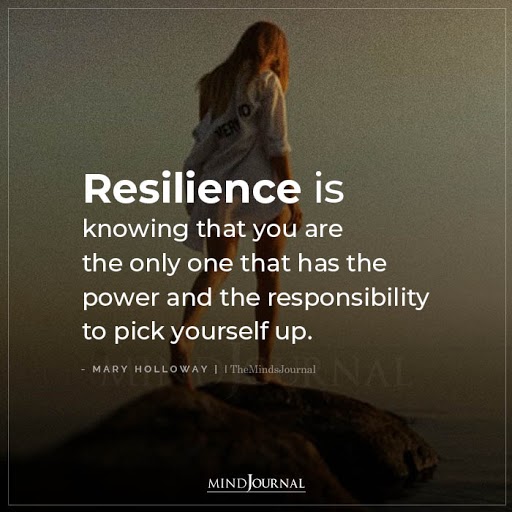
3. They know better than to romanticize the past.
I have heard many people say that having a happy childhood is never going to prepare you for life. Even though this sounds a bit absurd and harsh, I do agree with this mindset to some extent.
Sometimes, focusing too much on your past can severely affect your present and prevent you from living a good life NOW, regardless of whether your childhood was good or bad.
However, if someone has had a happy childhood, often they find themselves trying to recreate something which will never be there: that sense of safety and security from their childhood.
This is something that people with difficult childhoods cannot do. As such, they usually think about what they can control in order to make themselves happy instead of reminiscing about the past.
They never romanticize the past, and always dream big knowing whatever comes, the future will likely be better than the past.
Related: 6 Ways To Build Emotional Resilience
4. They have amazing self-control.
Surviving a difficult childhood is one of the biggest factors behind building resilience in adults.
Imagine growing up in an unpredictable chaotic environment where you’ve got parents and other adults who act in unpredictable ways every single day.
Some parents may be emotionally abusive while others may be physically violent. They might use drugs or alcohol, fight amongst themselves or mistreat their children.
In such a terrible environment as this one, children quickly learn how to control their actions, as well as emotions. Because of this they never know how these adults acting chaotically around them are going to respond to things they say or do.
Growing up with this self-control (even though it was learned in one of the worst possible ways) can leave kids as amazingly resilient people.
5. They have grit written all over their personality.
You know what grit stands for? Having grit is when you have courage and resolve and strength of character, all rolled into one in your heart, and this doesn’t just make you one of the most resilient people, this makes you hella strong too.
Resilient adults overcoming a cruel past develop grit with time, and all the horrible situations they find themselves in, since the time they were a kid. It is only through experiencing bad and traumatic things that resilient people learn the value of inner strength and courage.
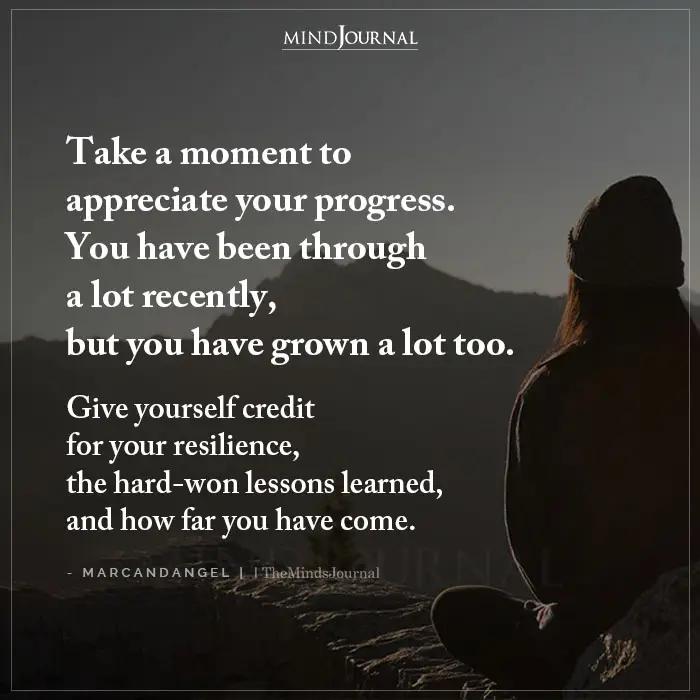
6. They value independence and self-reliance.
This is something that many people with difficult childhoods come to understand early in life: independence is something that is very, very important to survive in life, especially when you are knee-deep in negativity.
It’s a tough thing for anyone of any age to realize, but I think it’s one of the profound truths of growing up – and what creates strong and resilient people.
Everybody needs somebody at some point. However, one of the easiest ways to live an unfulfilled life is by sitting around waiting for someone else to do your own thing for you.
Those who grew up surviving a difficult childhood, know that if they want anything out of life, they will have to go get it themselves. And sometimes those are the most successful and motivated people you’ll ever meet in life.
Related: The 10 Commandments Of Resilience
7. They are rebellious and are not scared of breaking rules.
Societies all have laws we follow. Like drunk driving laws and ones protecting people from being hurt by others – I don’t think anyone would want such laws revoked.
But then again there are many unwritten societal norms, which can be quite problematic, to be honest. The standards governing your behaviour or what kind of job you should have or family you should have or even dreams that are allowed in your head.
And some of these rules can be incredibly destructive.
Escaping from this sort of a programming means that these rules have to be broken. It turns out that people with difficult childhoods are really good at breaking rules that hold them back from being successful, and this is one of the most important traits of resilient people.
Also, growing up in a stressful environment can promote certain forms of learning and teach children problem-solving skills that are important for adapting to ever-changing surroundings.
Most adults who had difficult childhoods exhibit a desire to go against the grain and refuse to conform to authority as do many of the most creative thinkers. This is one of the biggest motivations behind building resilience in adults.
Did you grow up in a challenging environment, or did you have a happy, stable childhood? According to you, what are the most profound traits of resilient people? Let us know in the comments down below!
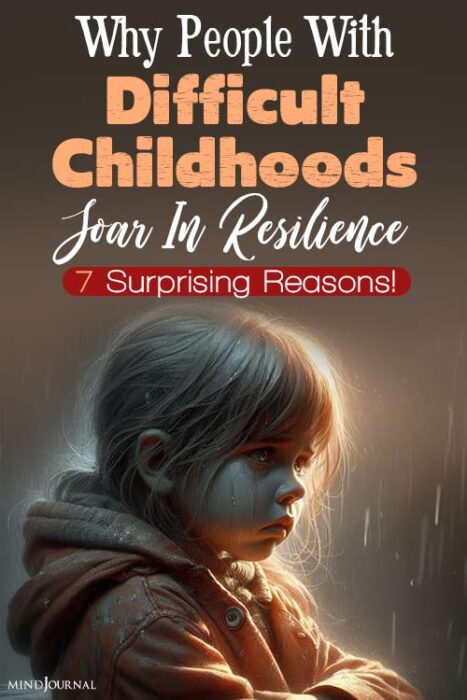
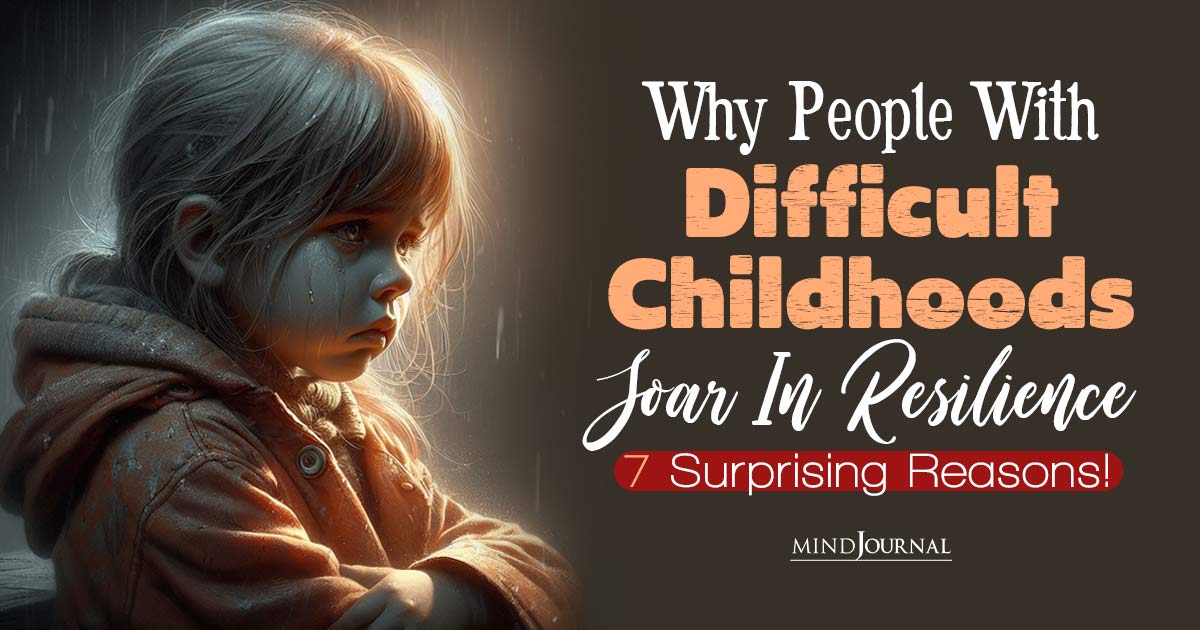



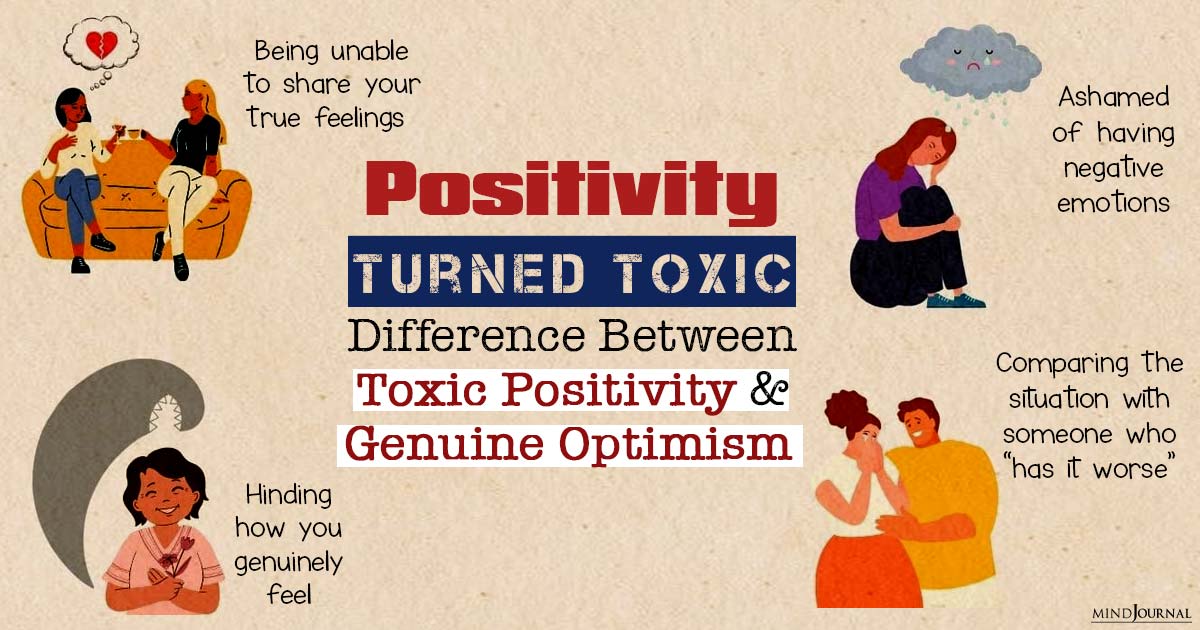



Leave a Reply
You must be logged in to post a comment.